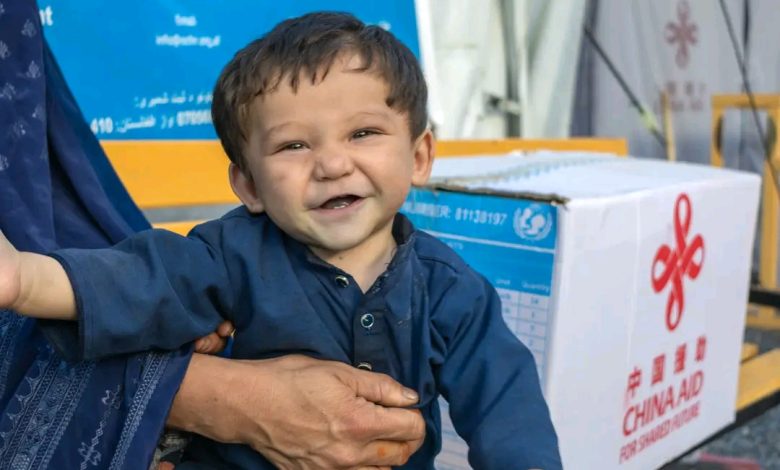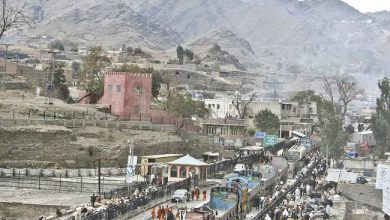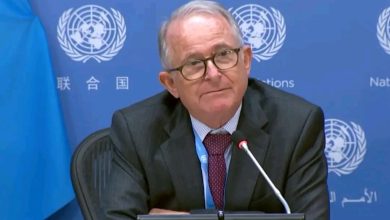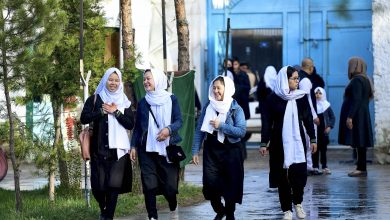
Forced Deportation of Migrants from Pakistan; UNICEF: 20% of Returnees from Torkham Are Children
The United Nations Children’s Fund (UNICEF) has reported that around 20% of returnees from Pakistan entering through the Torkham border crossing are children, some of whom have entered Afghanistan without their families or caregivers.
In a report published today (Sunday, May 4), UNICEF described the situation of Afghan returnees from Pakistan as concerning, stating that during just the first two weeks of April, up to 8,000 people per day crossed into Afghanistan via the Torkham border.
The organization noted that most of these individuals are exhausted, vulnerable, and in urgent need of basic supplies. Children separated from their families are especially at higher risk.
In response to the crisis, UNICEF announced that with financial support from the Chinese government, it has distributed hygiene kits among the returnees. So far, more than 5,700 kits have been delivered to families at the Torkham crossing.
According to UNICEF, these kits include 14 essential items such as soap, shampoo, reusable sanitary pads, toothbrushes, toothpaste, nail clippers, towels, and water containers. These supplies are intended to protect families from preventable diseases such as diarrhea and other illnesses.
UNICEF also stated that it is conducting educational sessions on personal hygiene, handwashing, water safety, and menstrual hygiene for families. So far, 40,000 people have participated in these sessions at the Torkham border.
Since the beginning of April, Pakistan has intensified its forced deportation of Afghan migrants—a process that is still ongoing. International organizations have warned that many returnees are arriving in Afghanistan with no belongings or resources and are in urgent need of humanitarian assistance.



